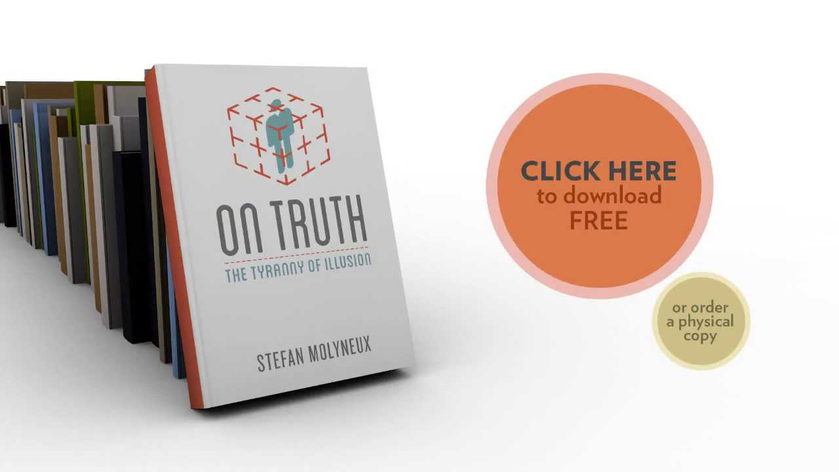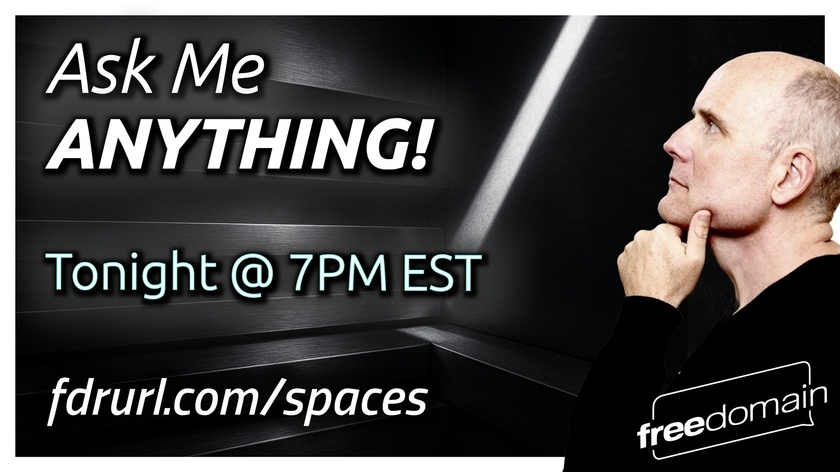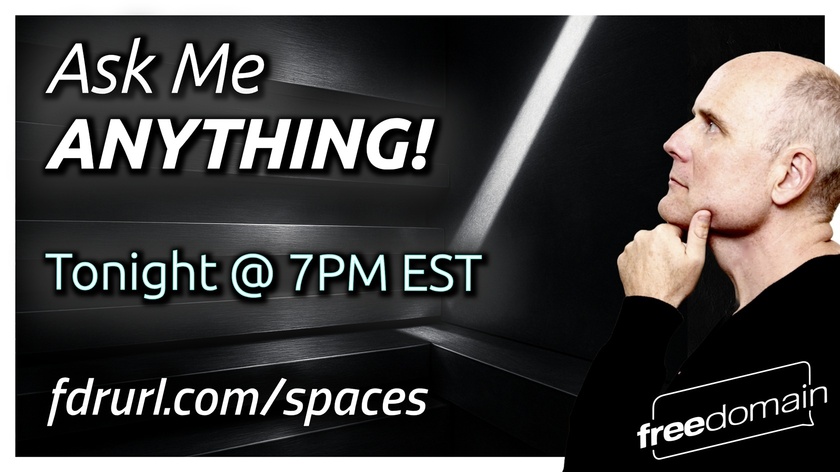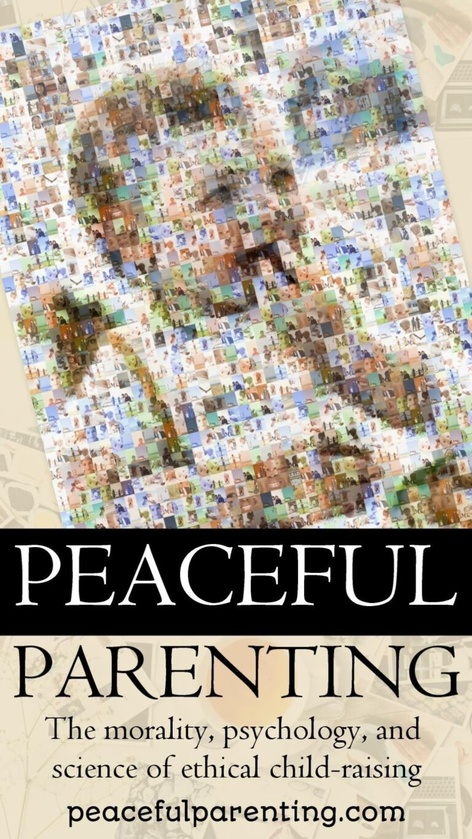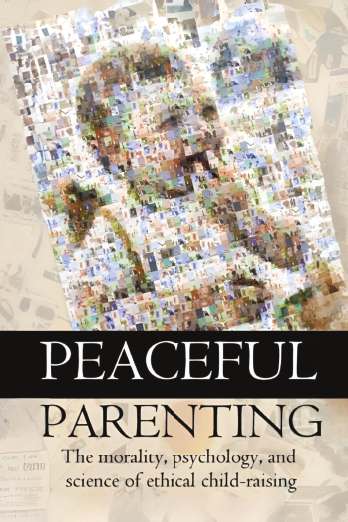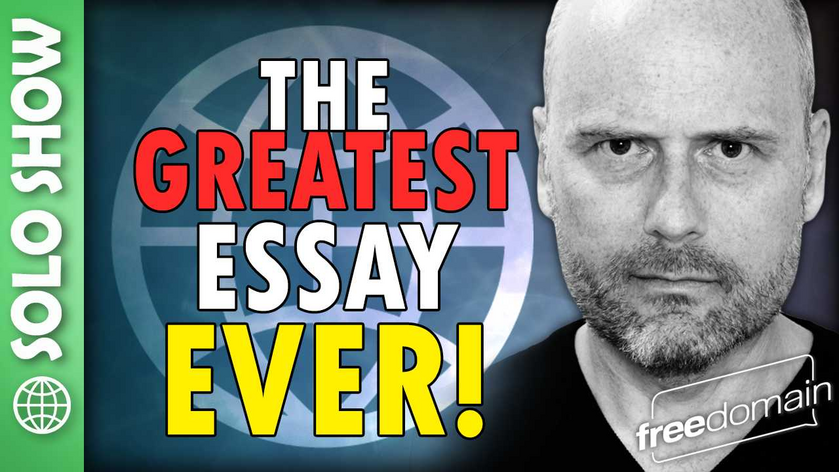Justification as Prediction
Imagine that I live in England, and for decades I have been ranting about immigrants who do not take the time to learn English. "How can you come and live in a place and never take the trouble to learn the language? It's disrespectful, it's rude, and it's cloistered. Anybody who wishes to be a decent citizen must take the trouble to learn the language!"
I publish countless articles on this topic, I make public speeches on it, and end friendships with those who disagree with me.
In other words, I am really committed to this idea.
Then, imagine that I move to Sweden. I live in Sweden for a year, and then come back to England for a visit.
"So, how's Sweden?" you ask.
"Great!" I reply.
"And how's your Swedish coming along?"
"Oh, I haven't learned any Swedish, why would I?"
Would that surprise you? Would you feel that I was being rather hypocritical? Would you feel a strong desire to cross-examine me more closely about my strong and openly professed belief that the inhabitants of a country are morally obligated to learn the language?
If I explain the inconsistency between my beliefs and my actions by saying that it turns out it is very hard to learn a new language, and that it is not really necessary if you live within the confines of an expatriate cultural group – would you feel compelled to point out that this is the exact opposite of the position that I have publicly and vociferously taken for many years?
I imagine that you would suggest it would be appropriate for me to write a follow-up article, repudiating my earlier views, based on my new understanding.
Would my blanket refusal to do any such thing affect your opinion of me?
This is the cycle of abuse.
When we, as children, justify the abuses of our parents in order to survive the situation, we are setting up moral absolutes about the right and proper use of power. "It is moral for those who have power to hurt those who do not have power, in order to protect them, guide them, or 'toughen them up.'"
This is how we justify and survive the harm done to us.
This is why we so often repeat and re-inflict the harm done to us.
If I were a publicly xenophobic Brit who moved to Sweden, I would be perfectly aware of all the criticisms I would face if I did not try to learn Swedish. I would know that I would either have to learn Swedish – and learn it well – or publicly repudiate all my earlier opinions.
"Flip-flopping" on principles is very humiliating, because everyone who proclaims a truth inevitably claims that that truth is based on reason and evidence. No one puts forward a "truth" claiming it is based on mere unsubstantiated opinion – because then, of course, it would not be the truth.
Thus someone who claims "the truth" always says that this truth is merely derived from reason and evidence – even those who claim "faith" as the basis for their beliefs say that faith provides evidence, and thus it is rational to believe truths based on faith.
If someone who claims a truth later has to completely reverse his position, he can only credibly do so if new evidence arises. For instance, if it turns out that the universe is in fact powered by invisible pixies on treadmills, I will have to revise some of my opinions on reality – but only because new evidence has come to light.
If, however, no new evidence has come to light, then clearly evidence cannot be believably cited as the justification for one's earlier position. What becomes clear is that one's earlier position was based on prejudice, but that reason and evidence were cited as justifications.
This is an essential point – and very similar to the ethical and cultural hypocrisies discussed above.
When I cite reason and evidence as the justifications for my beliefs, I am affirming the power of reason and evidence. In other words, I fully accept and respect the primacy of reason and evidence in determining the truth-value of beliefs.
If it turns out that I had no real
reason or evidence for my beliefs, then I am engaged in the same kind of terrible hypocrisy perpetrated by those who use moral arguments for immoral ends. I am using reason and evidence to support subjective bigotry.
This hypocrisy lies at the root of my public and private pronouncements regarding truth. If it comes to light that I have been using the values of reason and evidence to promote bigotry and prejudice, then not only have all my prior statements become worse than useless, but I stand revealed as a hypocrite, a fraud and a manipulator.
All my credibility is shot. All my prior statements become examples not of empirical truth, but of rank hypocrisy.
Not good.
This is exactly what happens when we maintain our childhood justifications for our parents' abuses into adulthood.
If we believe that the abuse of power is moral, we will inevitably be led to abuse power. If I go to Sweden, but do not learn Swedish, then I will have to lie and prevaricate, or pretend that I have learned Swedish, or am about to learn Swedish and so on. Or, I will have to enter the magical land of "this is just somehow different," which will inevitably require that I substitute aggression for consistency when questioned.
We replicate what we praise. Our justifications guide our lives as surely as train tracks guide a train. The lies we believe today are the lives we will live tomorrow.
The teacher who humiliated me did so because he believed that that's what those in power must do.
Almost everyone, when faced with the choice of hypocrisy or abuse, chooses abuse.
Sadism as Salvation
If I go to a doctor because I have made myself sick by smoking, and the doctor prescribes a treatment that causes me pain, my doctor is not cruel, but helpful. The doctor does not seek me out and hurt me because he is sadistic, but rather I must seek out the doctor for a cure because I have hurt myself by smoking. I should not resent the doctor for the pain of his cure, but rather thank him for his ability to help me. The doctor is not responsible for my pain. I am.
A child born in a prison will almost inevitably say: "I don't obey the prison guards because they are sadists with truncheons, but rather because the prison guards are morally virtuous, and trying to help me."
There is a terrible cost to this belief, as there is to all fantasies.
If my prison guards hit me with truncheons, I must obey them. If I accept that I obey them because they hit me with truncheons, I feel terribly humiliated and helpless, but retain an accurate assessment of the situation. On the other hand, I can choose to reduce my humiliation by imagining not that I comply because I am hit, but rather that I am hit because I disobey. It is not my noncompliance with the guard's whims that gets me beaten, but rather my noncompliance with moral virtues. The guards do not beat me because they are sadistic – I am beaten because I am evil. The guards are not responsible for beating me – I am responsible for being beaten. The guards are not trying to humiliate me; they are trying to help me, to make me a better person, just as the doctor is trying to help me by making me healthy again.
Do you see how the agony of moral corruption can be transferred from one person to another?
If my parents beat me not because they are bad, but rather because I am bad, I can retain some sense of honour and control within an abusive and hopeless situation.
If, however, I retain this fantasy after I become an adult – after I gain power over others – then my survival strategy will become exploitive destruction. The equation of abuse with virtue that formerly allowed me to survive now corrupts me. I have become what I originally feared and despised.
Thus, when my actions conflicted with Bob's belief that it was virtuous to obey those in power, I created great anxiety in him, and triggered his defences, by triggering all his memories of being abused.
I was creating a choice where he believed there was only an absolute. I was also acting in an "immoral" manner, and he had been taught as a child that it is moral to attack someone who is acting in an "immoral" manner.
Thus, to defend his fantasies about his parents' virtue, to ward off the growing anxiety and horror he felt about the lies he had to invent to survive his own abuse, to crush the freedom that I possessed and which he did not, to legitimize a false moral absolute – and, fundamentally, to both re-create his parents' abuse, and to be the "bad" person his parents claimed him to be – all in order to justify their abuse – he attacked me.
If I had never understood this, I would very likely have become Bob, and passed along my own abuse.
If I had taken Bob's abuse personally, I would have absorbed an agony that I would have inevitably inflicted on others, most likely children.
But Bob's abuse had no more to do with me than my sleepiness had to do with Bob.
He lashed out at me because he knew the truth deep down, but could not accept it.
He tried to humiliate me because, in his own mind, one of us had to be humiliated – and I started it!
He did evil in order to protect the "virtue" of evil.
And it is time for us – all of us, around the world – to stop.
How To Change
I was originally planning for this book to be longer, but as I reached this point in the text, I began to feel a growing anxiety, which was hard for me to understand. I thought it might be because I had started this book without a plan, and was losing my way. As my wife and I reread the book, though, it was clear that it flowed quite well.
Last night, we went for a walk, and discussed the content and form of this book. In just over 16 months, I have produced over 800 podcasts, so it's not as if I am anywhere close to running out of things to talk about!
However, when you have been immersed in a discipline for a quarter-century, it can be hard to remember what it's like starting out. I am now quite sure that my anxiety stems from a concern that a longer book would be too hard to digest. When you want to eat a dessert, five pies are not better than one pie.
We will surely speak again, but I think that we have spoken enough for now.
The ideas in this book will change your life if you think about them, and act upon them. The purpose of philosophy is not thought, but action – just as the purpose of medicine is not treatment, but health.
These ideas are in your mind now, and will never go away. You will no more be able to unlearn these truths than you will be able to unlearn that two plus two make four. Thus it is essential that your journey does not stop with reading this book. It is essential that philosophy be a conversation in your life – that you talk about your experience of these ideas with those around you, no matter how terrifying it is.
This book is not a call to meditation, but to action.
In a world full of falsehoods, the truth will isolate you if you do not stay in the conversation.
So – go and live the truth by speaking the truth.

